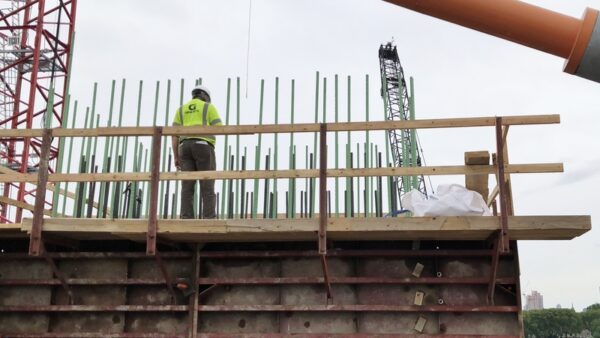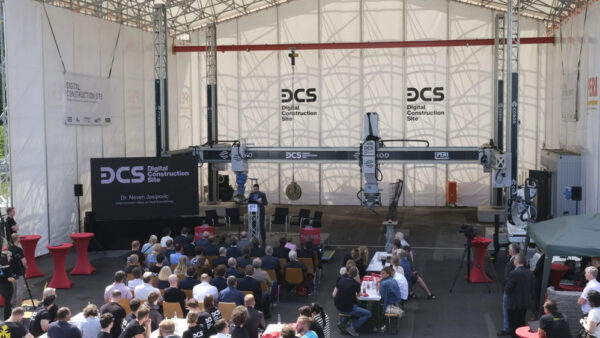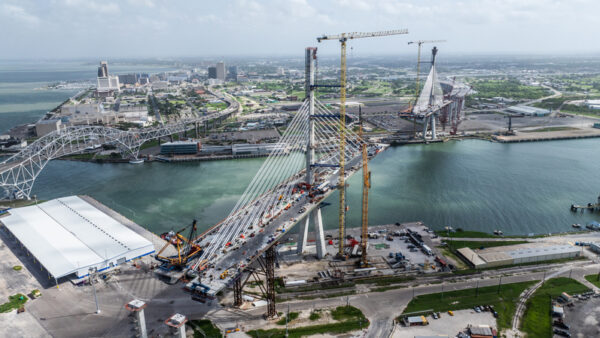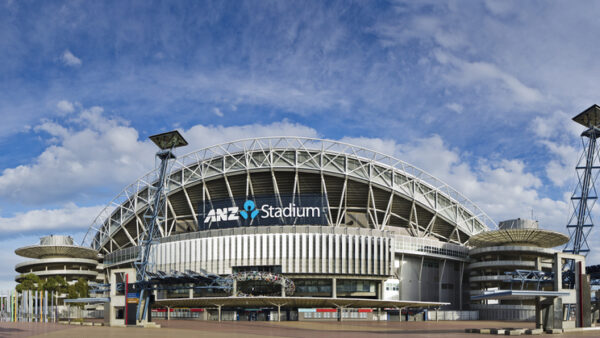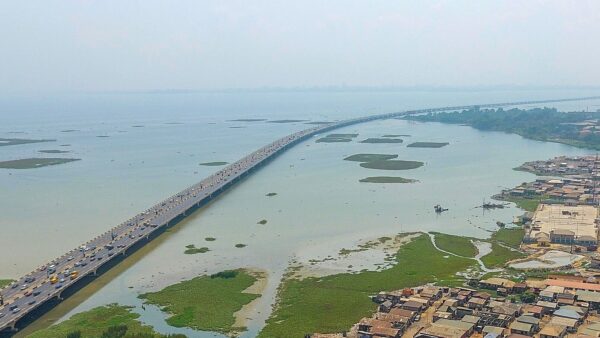Party political bickering in Pakistan over the route of the $46bn China-Pakistan Economic Corridor (CPEC) has provoked an official response from China.
In a statement on the weekend, the Chinese Embassy in Islamabad urged parties to resolve their differences and reminded them that the ambitious programme of projects under CPEC had won support from “the two peoples” of China and Pakistan.
The CPEC mega-scheme is a planned, 3,000-km network of railways, motorways, oil and gas pipelines, fibre optic cables and a string of power stations running from northwest China’s Xinjiang Autonomous Region through Pakistan to Gwadar, a strategic port on the Arabian Sea.
It is intended to spur development in Pakistan and boost growth for China’s western region.
“China hopes that the relevant parties in Pakistan could strengthen communication and coordination on the CPEC to create favourable conditions for the project,” the Chinese embassy said in a 9 January statement, according to Pakistan’s Express Tribune newspaper.
Building just the road is not enough– Shah Mehmood Qureshi, Pakistan Tehreek-e-Insaf
The issue involves opposition-party criticism of Pakistan’s federal government for allegedly routing the corridor so that it favours Sindh and Punjab provinces at the expense of northwestern Khyber-Pakhtunkhwa province, which is governed by a coalition involving cricketer Imran Khan’s party, Pakistan Tehreek-e-Insaf (PTI).
A PTI delegation visited the Chinese embassy on 8 January, where it complained that the federal government was withholding information and not honouring an earlier pledge to build a western route first.
The PTI’s Shah Mehmood Qureshi (pictured), a former foreign minister, said the PTI would not “do any politics on this project”, but added “we have reasonable doubts about the federal government. The PML-N government is not taking us into confidence on many issues,” reported the Express Tribune.
At the end of 2014 work began on the very first CPEC project, a 60-km, four-lane motorway in Khyber-Pakhtunkhwa.
That did not satisfy Qureshi. “Building just the road is not enough. Our demand for work on the western route includes development of infrastructure, rail tracks, fiber optics, LNG and uninterrupted supply of electricity,” he said.
China’s official response at the weekend was to remind all parties of the agreements reached.
“The CPEC is the consensus reached between China and Pakistan, and has won popular support from the two peoples,” an embassy spokesperson told the newspaper. “The CPEC faces Pakistan as a whole, and will bring development and benefits to the people of Pakistan.”
Photograph: The PTI’s Shah Mahmood Qureshi, while foreign minister for Pakistan in October 2009 (US State Department/Wikimedia Commons)

